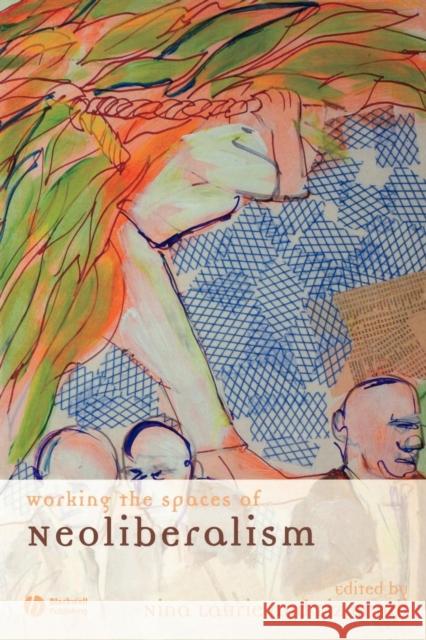Working the Spaces of Neoliberalism: Activism, Professionalisation and Incorporation » książka
topmenu
Working the Spaces of Neoliberalism: Activism, Professionalisation and Incorporation
ISBN-13: 9781405138000 / Angielski / Miękka / 2006 / 256 str.
This collection offers a new way of looking at neoliberalisation and new understandings of contemporary processes of professionalisation.
- This collection offers a new way of looking at neoliberalisation.
- Presents new understandings of contemporary processes of professionalisation.
- Draws on new, original research.
- Features studies from the Global North and the Global South.











